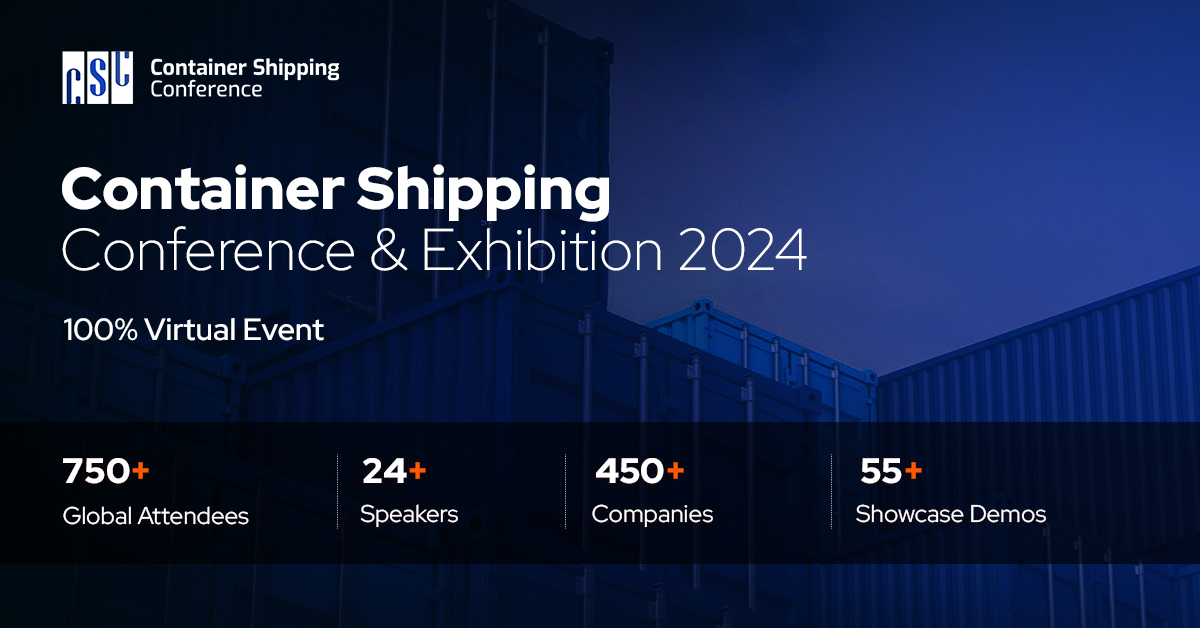Carl Lauron, Founder and CEO of BuyCo, is a supply chain visionary. With a background spanning warehousing, transport, and distribution, his journey led to key roles at CMA CGM, where he recognized the need for digital transformation in shipping. In 2015, he founded BuyCo to address this need. At the Container Shipping Conference 2023, he shared insights on “How Much Does it Cost to Build a Resilient Container Supply Chain?” Explore his strategies in this blog.
Carl Lauron shared his views on envisioning the world of shipping and logistics as akin to planning a grand celebration. Picture yourself meticulously preparing for a big party, but suddenly, unexpected challenges like bad weather or last-minute changes threaten to derail your plans. What’s your response? You have a contingency plan in place, ready to tackle unforeseen hurdles. Now, transpose this analogy to the realm of shipping goods. We’ve all witnessed how events like the COVID-19 pandemic or the Suez Canal blockage can disrupt and complicate the shipping process. To avoid such disruptions, we require supply chains that resemble superheroes – robust and perpetually primed for unexpected twists and turns. However, constructing such resilient supply chains transcends mere financial investment; it necessitates a profound understanding of and effective management of all the interconnected components. In this blog, Chad Jones will navigate us through the genuine costs involved in forging a resilient supply chain capable of seamlessly handling disruptions. Additionally, he will shed light on the essential tools that ensure its smooth operation.
Matt Goker, a visionary leader in the world of global logistics, has shared insights that paint a picture of a smoother and more resilient world for product making and delivery. He highlights the challenges faced at the start of the journey, especially in sourcing materials on time. Matt suggests that the use of smart technology and digital tools can significantly ease these initial hurdles. When we employ computers to oversee and manage everything, it reduces errors, speeds up processes, and gives us the power to spot problems before they grow big. This approach ultimately helps us create robust and resilient supply chains, ensuring we’re well-prepared for any challenges that may arise.







